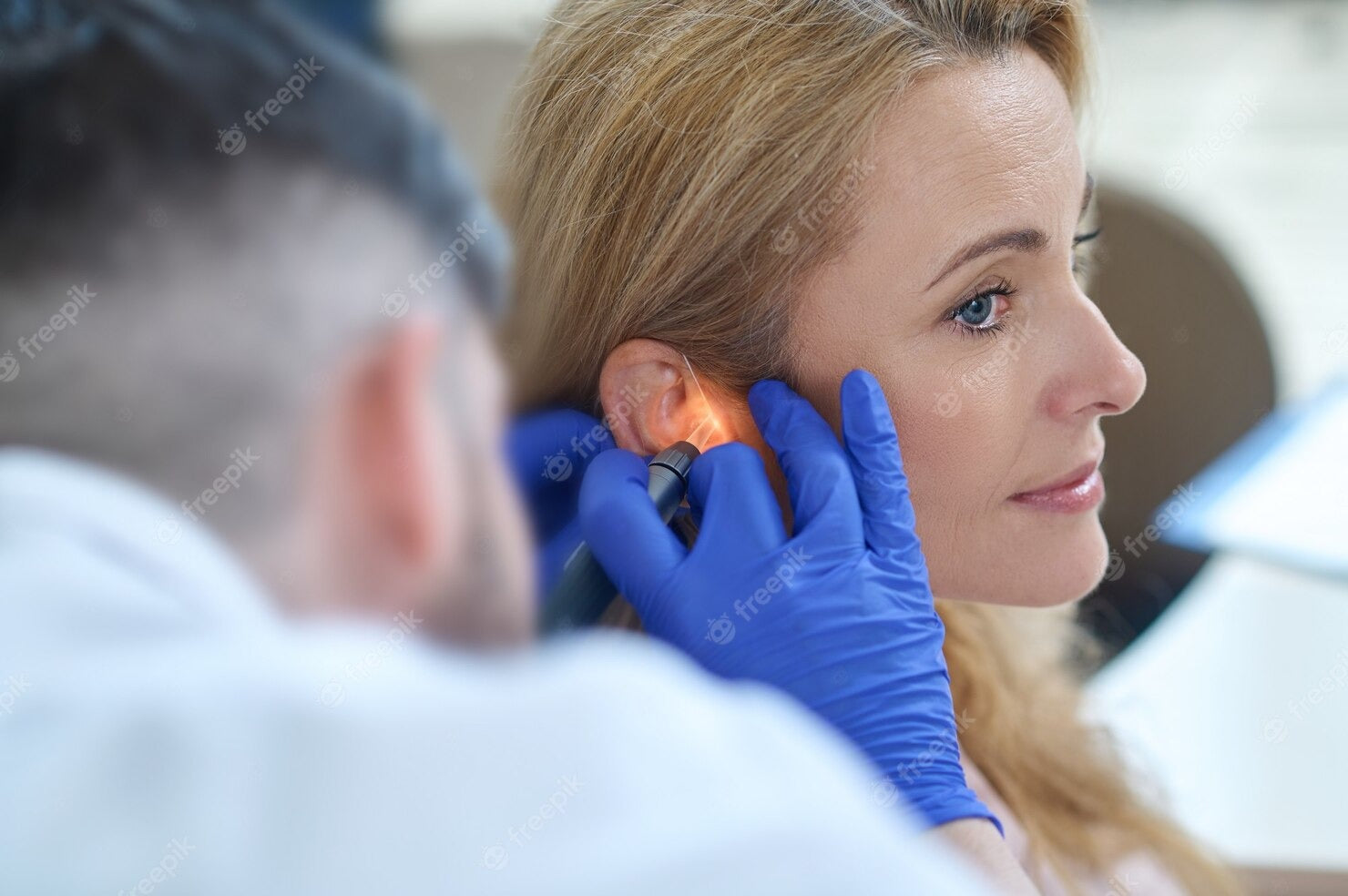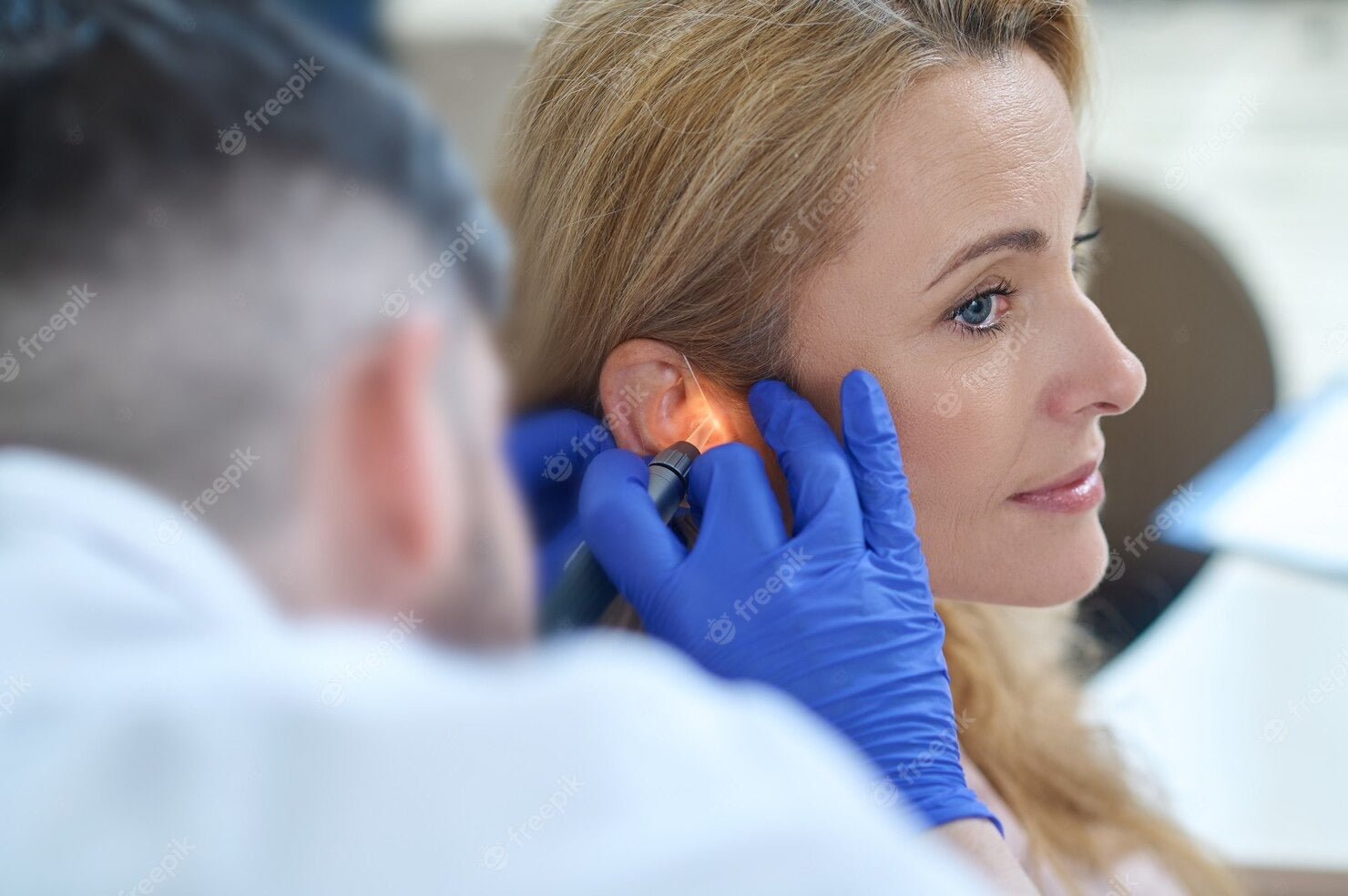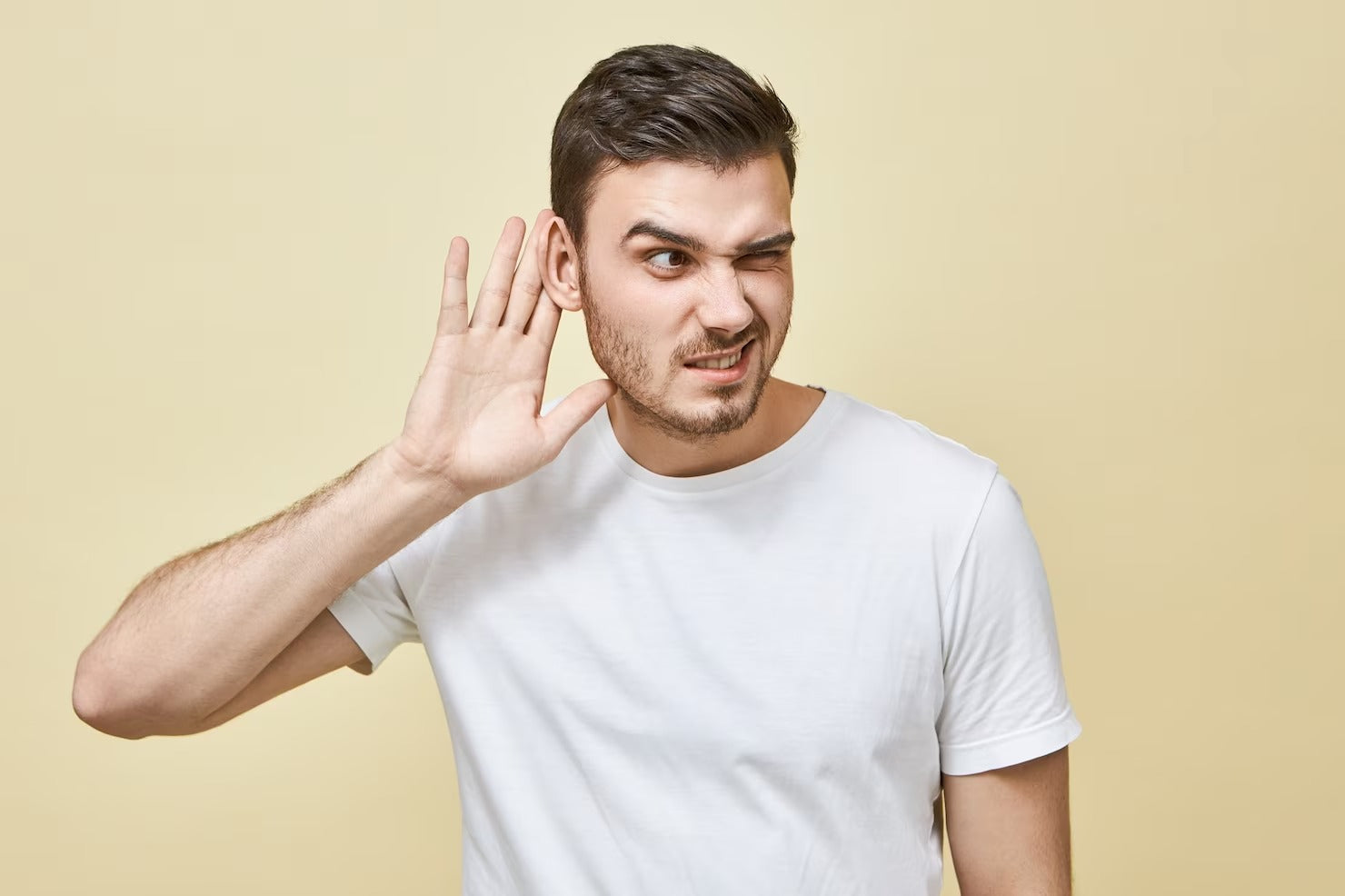Introduction
Tinnitus, which is sometimes described as a constant ringing or buzzing in the ears, can provide considerable obstacles to individuals who have it. Hearing aids, on the other hand, are emerging as a promising possible management method that might be used. But how exactly can these gadgets help relieve the symptoms of tinnitus? In this piece, we will discuss six different ways that hearing aids might assist in the management of this lingering auditory problem.
An Overview of the Role of Hearing Aids in the Treatment of Tinnitus
Let's first get the fundamental connection between hearing aids and tinnitus out of the way so that we can go on to discussing the specific advantages. Tinnitus is frequently seen in patients who have hearing loss. Hearing aids are designed to improve a person's hearing, but they also have the added benefit of reducing the effects of tinnitus. This is accomplished by amplifying background noises, which in turn makes the ringing in the ears less visible.
Now, let's have a look at the six different ways that hearing aids can help ease the symptoms of tinnitus:
The Tinnitus Sound Can Be Masked Some hearing aids come equipped with a tinnitus masking capability. This feature creates a sound (such as white noise or nature sounds) that either completely hides the tinnitus sound or significantly diminishes its prominence. After that, the brain concentrates on these other, more pleasant noises, which helps to redirect attention away from the ringing in the ears.
Hearing aids can assist in masking the sound of tinnitus by boosting the loudness of ambient noises, which in turn helps to drown out the ringing in the ears. This makes the ringing or buzzing associated with tinnitus less obvious by lowering the contrast between the sound of the tinnitus and the quiet.
Tinnitus can make it difficult to comprehend speech, especially in busy surroundings, so it's important to take steps to improve your ability to communicate. Hearing aids can help ease the tension and frustration that are frequently associated with tinnitus by improving voice clarity, which in turn reduces the pressure that is placed on the listener.
A lack of auditory stimulation can make tinnitus symptoms more apparent, therefore it's important to keep your ears active. Hearing aids give greater auditory stimulation, which can help reduce the symptoms of tinnitus. They do this by amplifying mild noises that normally wouldn't be heard because they are too quiet.
Habituation is a process that may be supported by consistent use of hearing aids over time. This helps the brain become accustomed to the presence of tinnitus sounds, which is a process known as habituation. This can, over time, contribute to a reduction in the perceived volume of tinnitus as well as the trouble it causes.
Providing Users with the Ability to Personalize Their Hearing Aids Many of today's hearing aids provide users with the ability to personalize their hearing aids by adjusting features such as loudness, sound profiles, and even tinnitus masking noises. Users who make advantage of these customizable modifications may find it easier to zero in on the tinnitus relief settings that work best for their unique symptoms.
Conclusion
Tinnitus is a disorder that may be difficult to deal with on a day-to-day basis; nevertheless, novel treatment approaches are constantly being researched and developed. Hearing aids provide not just improved hearing but also a range of tactics to disguise, divert from, and even diminish the impression of tinnitus noises. This makes them a multi-faceted approach to the treatment of tinnitus that offers comfort in a number of different ways. As our knowledge of tinnitus and hearing loss grows, we can have higher hopes for the development of treatments that are even more helpful in the years to come.
Keep in mind that the experience of tinnitus is different for each person, and the treatment that is most successful for one individual may not be effective for another. It is essential to seek the assistance of a hearing health specialist in order to determine the methods that will be most successful in treating your tinnitus symptoms.
Tinnitus, which is sometimes described as a constant ringing or buzzing in the ears, can provide considerable obstacles to individuals who have it. Hearing aids, on the other hand, are emerging as a promising possible management method that might be used. But how exactly can these gadgets help relieve the symptoms of tinnitus? In this piece, we will discuss six different ways that hearing aids might assist in the management of this lingering auditory problem.
An Overview of the Role of Hearing Aids in the Treatment of Tinnitus
Let's first get the fundamental connection between hearing aids and tinnitus out of the way so that we can go on to discussing the specific advantages. Tinnitus is frequently seen in patients who have hearing loss. Hearing aids are designed to improve a person's hearing, but they also have the added benefit of reducing the effects of tinnitus. This is accomplished by amplifying background noises, which in turn makes the ringing in the ears less visible.
Now, let's have a look at the six different ways that hearing aids can help ease the symptoms of tinnitus:
The Tinnitus Sound Can Be Masked Some hearing aids come equipped with a tinnitus masking capability. This feature creates a sound (such as white noise or nature sounds) that either completely hides the tinnitus sound or significantly diminishes its prominence. After that, the brain concentrates on these other, more pleasant noises, which helps to redirect attention away from the ringing in the ears.
Hearing aids can assist in masking the sound of tinnitus by boosting the loudness of ambient noises, which in turn helps to drown out the ringing in the ears. This makes the ringing or buzzing associated with tinnitus less obvious by lowering the contrast between the sound of the tinnitus and the quiet.
Tinnitus can make it difficult to comprehend speech, especially in busy surroundings, so it's important to take steps to improve your ability to communicate. Hearing aids can help ease the tension and frustration that are frequently associated with tinnitus by improving voice clarity, which in turn reduces the pressure that is placed on the listener.
A lack of auditory stimulation can make tinnitus symptoms more apparent, therefore it's important to keep your ears active. Hearing aids give greater auditory stimulation, which can help reduce the symptoms of tinnitus. They do this by amplifying mild noises that normally wouldn't be heard because they are too quiet.
Habituation is a process that may be supported by consistent use of hearing aids over time. This helps the brain become accustomed to the presence of tinnitus sounds, which is a process known as habituation. This can, over time, contribute to a reduction in the perceived volume of tinnitus as well as the trouble it causes.
Providing Users with the Ability to Personalize Their Hearing Aids Many of today's hearing aids provide users with the ability to personalize their hearing aids by adjusting features such as loudness, sound profiles, and even tinnitus masking noises. Users who make advantage of these customizable modifications may find it easier to zero in on the tinnitus relief settings that work best for their unique symptoms.
Conclusion
Tinnitus is a disorder that may be difficult to deal with on a day-to-day basis; nevertheless, novel treatment approaches are constantly being researched and developed. Hearing aids provide not just improved hearing but also a range of tactics to disguise, divert from, and even diminish the impression of tinnitus noises. This makes them a multi-faceted approach to the treatment of tinnitus that offers comfort in a number of different ways. As our knowledge of tinnitus and hearing loss grows, we can have higher hopes for the development of treatments that are even more helpful in the years to come.
Keep in mind that the experience of tinnitus is different for each person, and the treatment that is most successful for one individual may not be effective for another. It is essential to seek the assistance of a hearing health specialist in order to determine the methods that will be most successful in treating your tinnitus symptoms.


